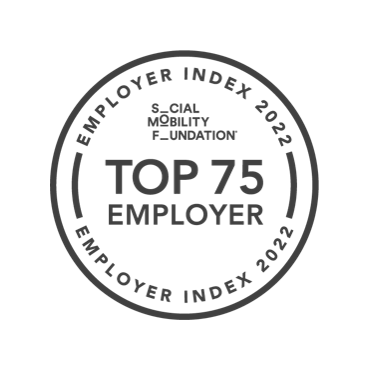For what matters
We are the law firm clients choose for excellent service, incisive thinking and above all for our ability to focus on what matters.
Focus
Explore our full insights library
Find articles, news and events from Shoosmiths around the topics that interest you.
People finder
We can help
Find the right lawyer or other professional to support your specific needs. Whenever you need us, we’ll be there.

Careers

Do you have what it takes?
We're a firm with the scale, stature and clients to provide you with the quality and variety of work and opportunities for development that you need to grow your career and rewards.
Latest insights
Read the latest articles and commentary from Shoosmiths or you can explore our full insights library.
Get in touch
Not sure who to contact? Let us help you find the right lawyer.




























